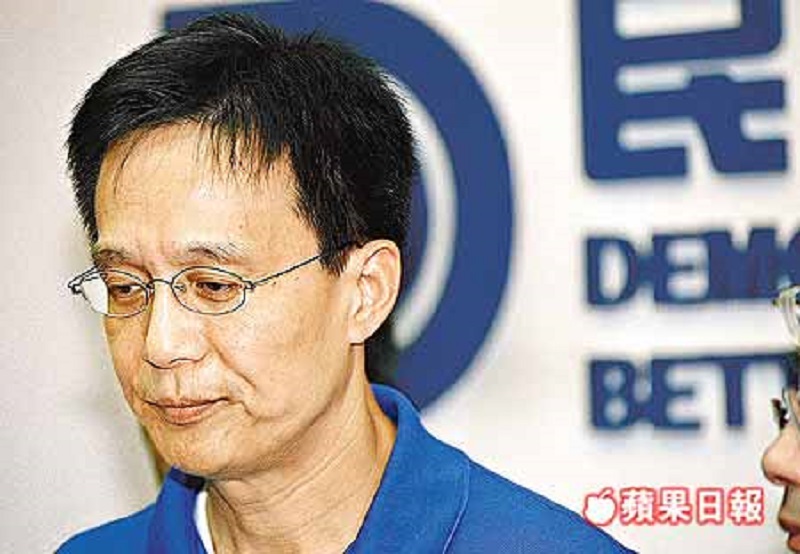Like most people in Hong Kong, I am now a Legislative Council representative short. In fact, in my constituency, we are missing two. This will continue until March 11, when a by-election will be held to fill some of the current vacancies.
That will be seven months after the first of my representatives to fall to the government’s political purge lost his last appeal. Seven months could be considered a long time.

The spokesman of the Election Commission, announcing the date, said that the government needed this long to train staff and arrange venues. This is puzzling, because the government has been running elections for a long time. You would think they had a sufficiency of experienced staff and a few voting venues lined up by now.
It is also puzzling because for many years our government managed to hold by-elections much more quickly. It is difficult to believe that staff have become harder to train or venues more elusive, but there has been a pronounced change in the speed with which Legco vacancies are filled.
Legco vacancies did not start triggering by-elections until near the end of the colonial period, so we can stroll through the whole history in a few paragraphs.
The first ever Legco by-election was caused by the resignation of Tai Chin-wah, in August 1991. The by-election was held on December 8 of the same year. A bit over three months, then.
This was improved on with practice. When Ng Ming-yam died in office on June 22, 1992 his replacement was elected on August 30 of the same year, a smidgeon over two months later.

The last colonial by-election (for a geographical seat – I am ignoring the functionals, which ought to be easier) was caused when Lau Chin-shek resigned, over something which need not concern us here, in December 1994. The ensuing by-election was held on March 5 of the following year.
This suggests a norm, for a government committed to democratic practices, of two to three months, and indeed the post-colonial government kept this up for some time. When Chim Pui-ching landed on the “Go to Jail” square he was hoofed from the Council on September 9 and replaced on November 5, both 1998.
After the general election held on September 10, 2000, Cheng Kai-nam was found to have been a bogus solicitor for decades, and was persuaded not to take his seat. A by-election followed on December 10.
Ng Ching-fai resigned in July 2001 to undertake the more interesting task of being my boss at Baptist U, and the by-election was held the following September.
There is then a long gap, in which our election organisers seem to have got a bit rusty. When Ma Lik died in office on August 8, 2007 the by-election was not held until December 10, a wait which had not been matched since 1991.

Worse was to follow. In January 2010 five councillors resigned with the intention of triggering by-elections as a “referendum”. The government did not approve of this, which may have something to do with a new record for sluggishness: the by-elections were not held until May 16.
The trend reached a new climax, or depth, depending on your point of view, when Ronny Tong resigned in June 2015 to prepare for a new career as a government poodle. The by-election was not held until February 28 of the following year, more than eight months after Mr Tong’s departure.
And this, it seems, is what the Election Commission would like us to regard as the new normal. This, I think, is not good enough.
Unconscionable delays in filling vacancies are bound to lead to suspicions of political tampering with what should be impartial work. If the current vacancies had been filled at the speed which was customary before 2010, readers will note, then the pro-Beijing group would not have been able to play games with the Legco rules of procedure as it has done.
To put it another way, one suspects that if six members of the pro-Beijing camp had fallen under a bus, or more plausibly been found to be using bogus qualifications, then the by-election would have followed with more traditional swiftness.

Hong Kong has an Electoral Affairs Commission which says “its main objective is to ensure that the elections are conducted openly, fairly and honestly at all times.”
This is not achieved if by-elections are subject to arbitrary delays which are consistent with, if not caused by, attempts to manipulate the composition of the Legislative Council.
And the gentleman in charge of bullshit explanations about staff and venues should resign. Three months is long enough to organise a by-election. Any further delay is down to bias, inefficiency or idleness.
